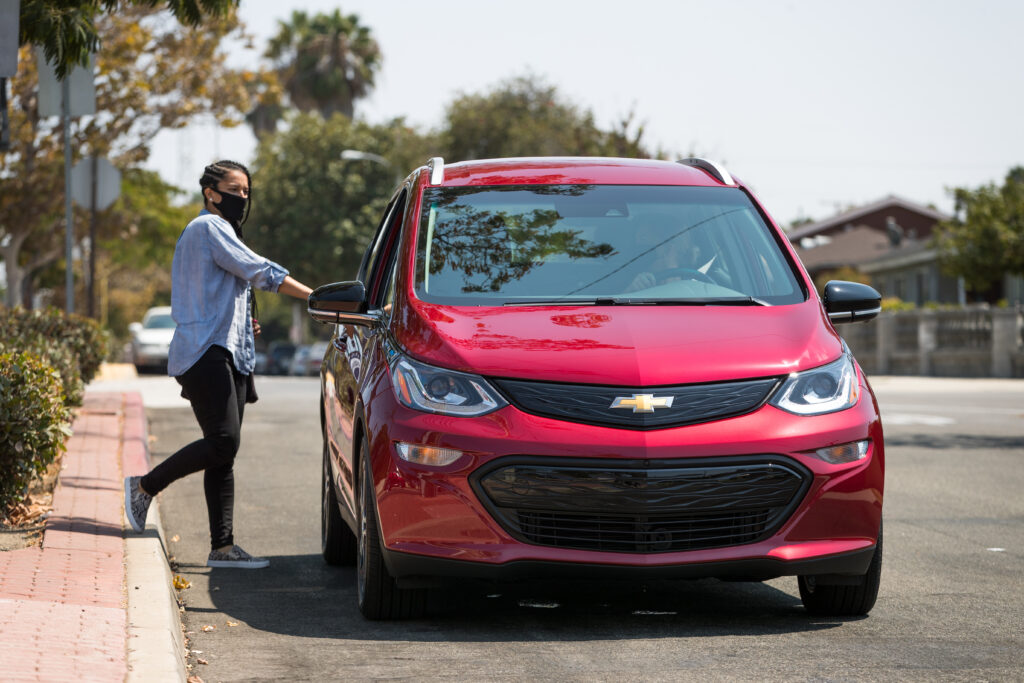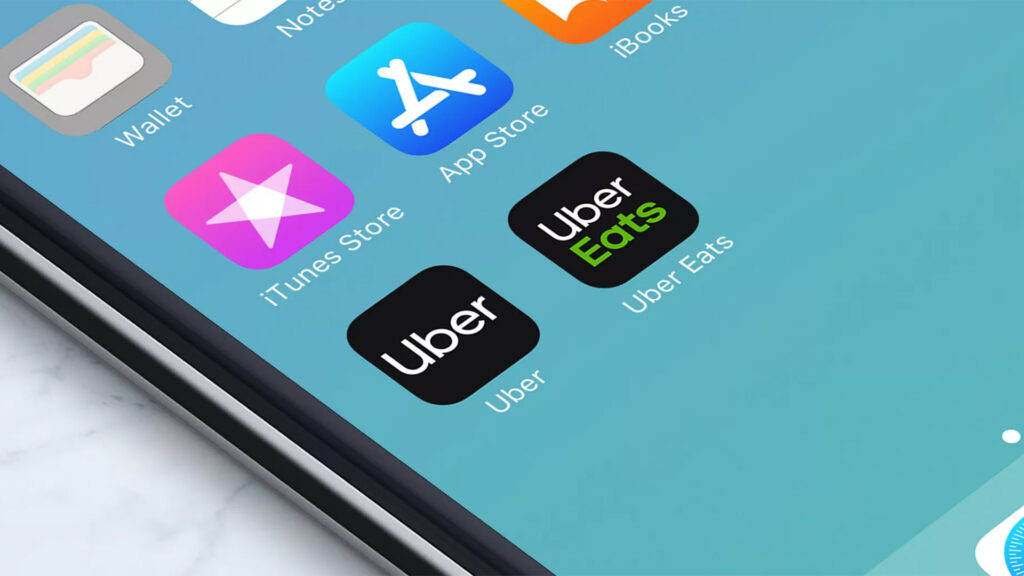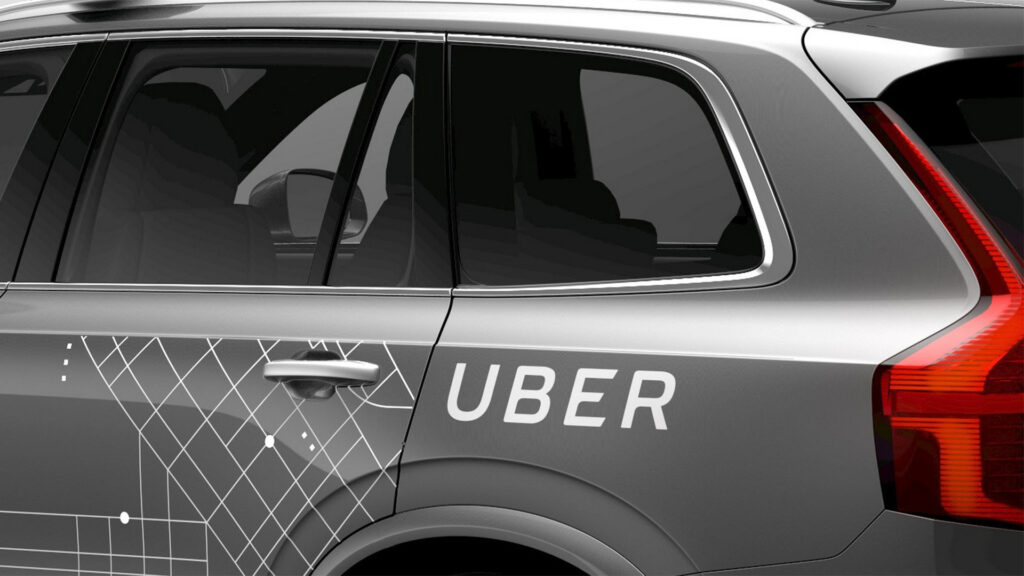- Participants will be paid $1,000 to use other means of transportation for 4 weeks.
- The trial is open in select U.S. and Canadian cities.
- Uber conducted a successful One Less Car trial in Australia last year.
Many believe that private car ownership will fall in the coming years, which is one reason why Mate Rimac has formed the ride-sharing platform Verne. But are you willing to give up your own car?
To encourage people to do so, Uber has launched the One Less Car trial in North America where it will pay selected participants $1,000 to ditch their car and use other means of transportation for four weeks.
Read: Uber Won’t Allow ICE-Powered Cars On Its Platform From 2030
The trial is open to 175 participants in Los Angeles, Chicago, Washington D.C., Miami, San Francisco, Toronto, and Vancouver. Interested participants can sign up at the Uber website.
The ride-hailing giant says that participants will receive $1,000 as this is the average monthly cost of vehicle ownership in the U.S. Uber will provide them with the money to try all kinds of car-free offerings, including public transport, e-bikes, car rentals, ride share, and e-scooters. During the trial, participants will be asked to document their experience.
This isn’t the first time Uber has conducted a trial of this kind. Last year, 58 Australians went from 1 car to no car, or two cars down to one car, and received AU$1,350 ($870) to try other forms of transport. Participants said they were able to replace the majority of car trips with different methods of transport.

There are many environmental reasons why some are pushing for fewer cars to be on the roads. Trials like Uber’s could play an important role in assessing the appetite of current car owners to reduce their dependence on private transportation. Uber said there are nearly 233 million private vehicles on U.S. roads and of those, 80 million are driven less than 10 miles a day.
Of course, one of the major advantages of owning a car is the freedom that it gives you to go pretty much anywhere, at any time, and relatively quickly. Finding compelling alternatives to that which will be adopted by the masses won’t be easy,




